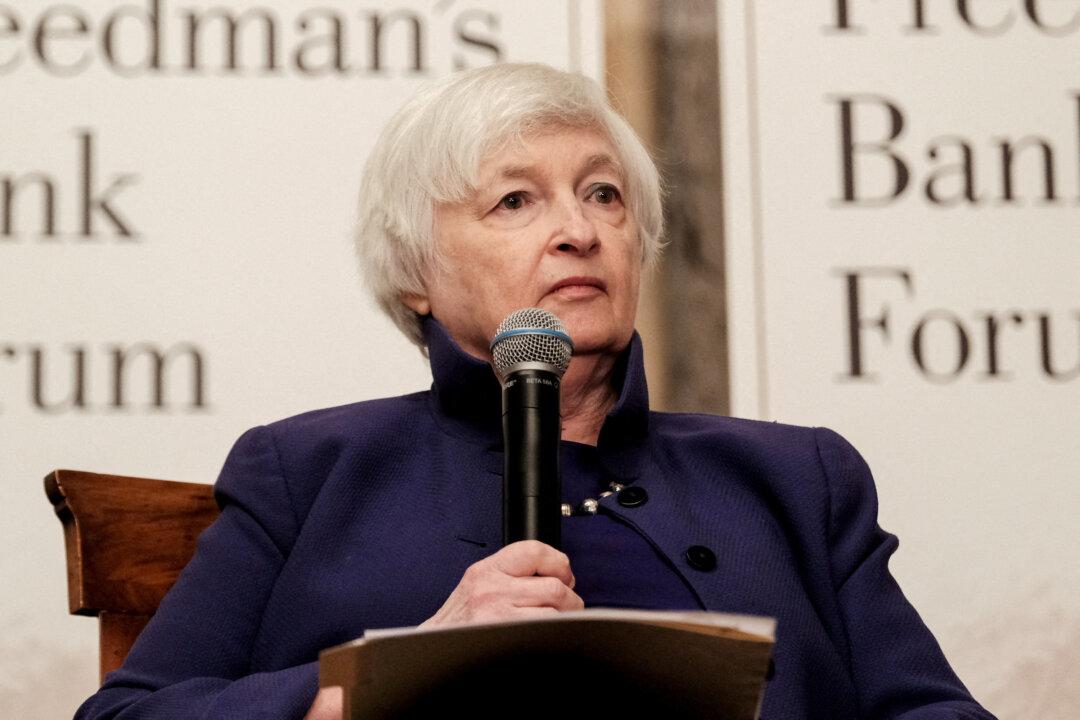Secretary of the Treasury Janet Yellen does not believe there are any signs of the U.S. economy slipping into a recession, despite the fact that business activity indicators have been signaling dismal performance.
“I don’t see signs of a recession in this economy at this point … We have unemployment at a 50-year low. There are two job vacancies for every American who is looking for work. We have solid household finances, business finances, banks that are well-capitalized, and we’ve been creating, [on] average, 300,000 jobs a month,” Yellen said in an interview with CNN.





